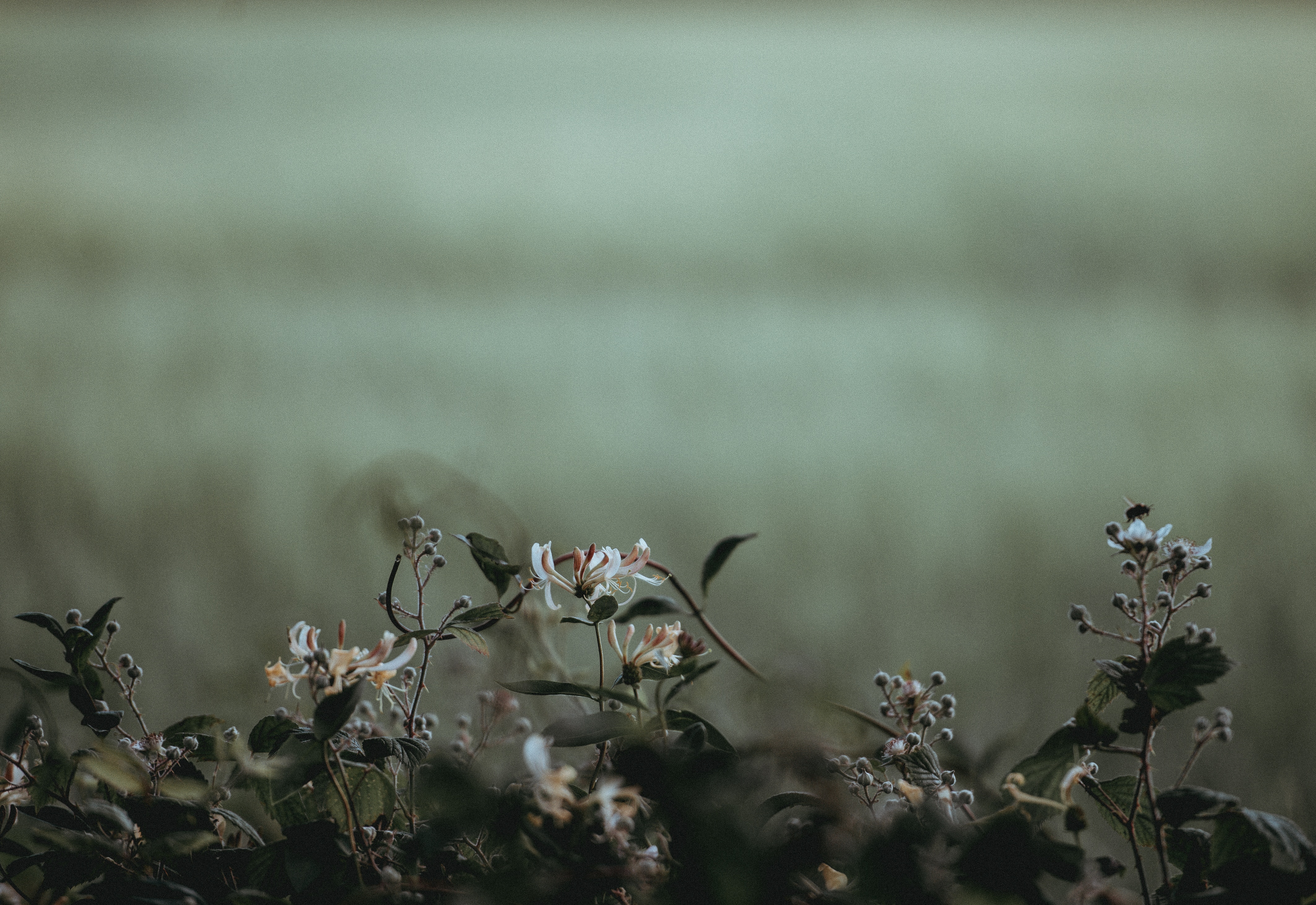WHEN I’M ELEVEN AND MY FATHER SAYS, “Let’s take a walk,” I follow. I roam past the weeping willow tree and the honeysuckle bush—“Yum,” I say, tearing a flower from the bush and placing the bead of honey on my tongue—and I stand between the hammock and the shed, heartbeats away from the kitchen where my mother dims in amber light. She kneels beside my younger brother and sister and forms her mouth in shapes I can’t make out. My father traces the shadows in the clouds. “Uncle Ray,” he says, to the sky and not to me. He whispers words I try to forget. When I drop my empty honeysuckle and ask how, my father cries. “The worst part,” he says, “is not what he did or seeing him wrapped up in that plastic bag. This is worse, having to fucking tell you.” But the worst part for me isn’t a funeral on my sister’s birthday or people at church who bake casseroles I don’t eat or teachers who say I don’t really have to go to recess, not if I don’t want to. The worst part is what happens after—my father leaving dents in the cabinets, holes in the walls. His broken hand. The worst part is no doctor’s visits, no midnight snacks. How my father forgets to look at the space between his thoughts and the walls and see me there.
Photo: Annie Spratt on Unsplash.
